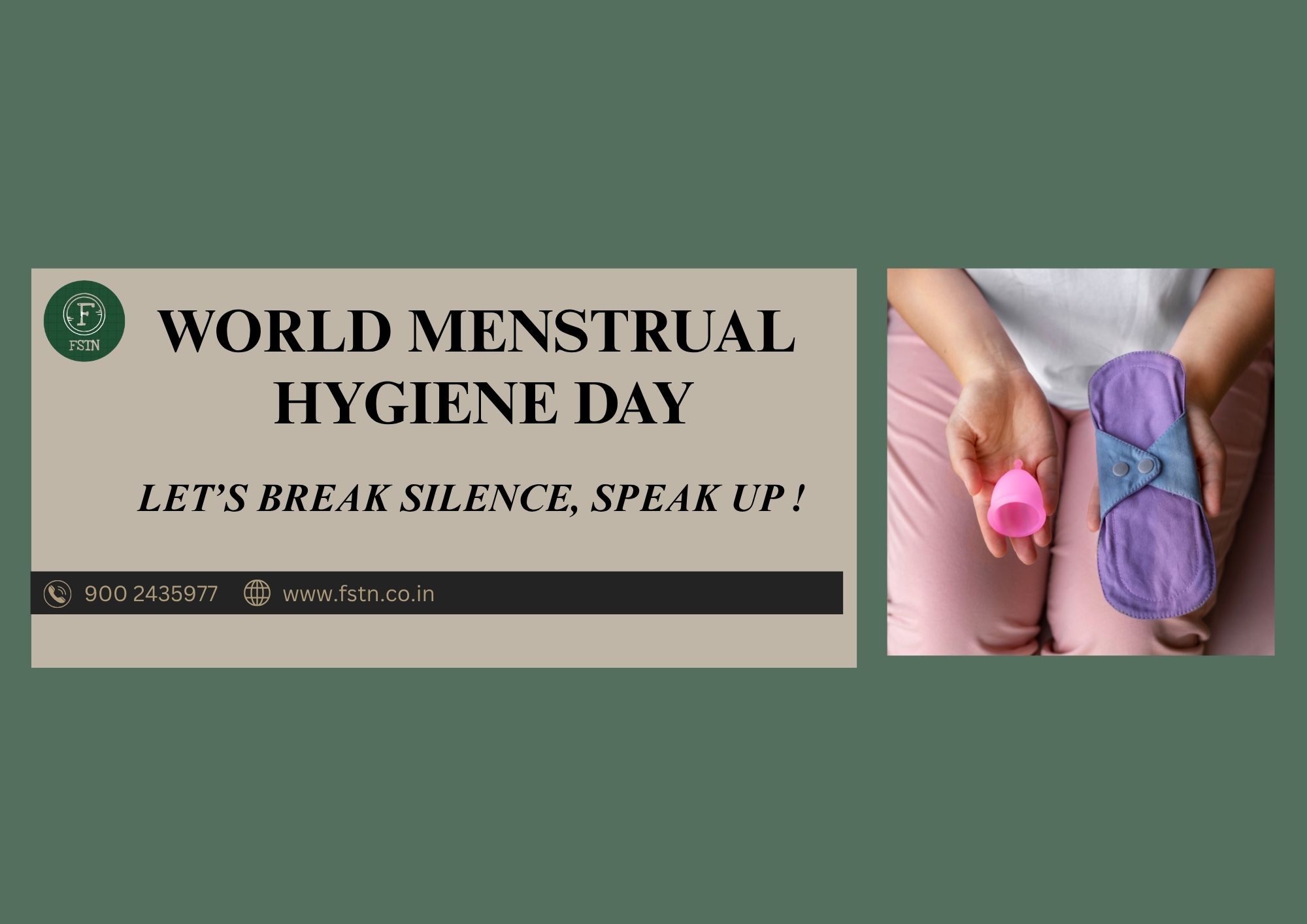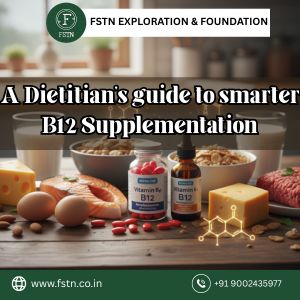World Menstrual Hygiene Day, 28th May raises awareness about the importance of menstrual hygiene. Menstrual hygiene is crucial for overall well-being. Menstrual hygiene is crucial for every woman's health and well-being.Maintaining good hygiene during period prevents infections, discomfort, and promotes overall reproductive health.
Practices Include:
- Regularly changing Sanitary Products: Aim for every 4-6 hours, or more frequently if your flow is heavy. Infections can be avoided by using sanitary products that are clean and absorbent, such as menstrual cups, tampons, or pads.
- Hand washing: Prior to and following a sanitary product change, always wash your hands.
- Appropriate disposal: Never flush used items; instead, wrap them and put them in a bin.
- Using the right products: Select menstrual cups, tampons, or pads based on your flow and needs.
- Keeping oneself clean: Take a shower or bath every day. Making menstrual hygiene a priority guarantees a comfortable and healthy menstrual experience.
Recommended Diet on Menstrual Hygiene Day
During the menstrual cycle, the body undergoes hormonal fluctuations that can affect physical and emotional health. Nutrient-rich foods can help to Reduce cramps and inflammation, Boost energy levels, Support iron levels (due to blood loss), Improve mood and digestion.
1. Iron-Rich Foods : To replenish iron lost during menstruation:• Spinach, amaranth, fenugreek leaves
• Lentils, kidney beans, chickpeas
• Ragi, Bajra, Fortified cereals
• Dried fruits (raisins, dates, apricots)
• Lean meats, eggs, and fish (if non-vegetarian)
2. Magnesium & Calcium-Rich Foods - To relieve cramps and muscle pain:• Nuts and Seeds (Pumpkin Seeds, Sesame, Almonds)
• Whole grains (millets, oats)
• Green leafy vegetables
• Yogurt, Paneer, Tofu
3. Omega-3 Fatty Acids : To reduce inflammation and support mood:• Flax-seeds, chia-seeds
• Walnuts
• Fatty fish like salmon, sardines (if non-vegetarian)
4. Vitamin B6 and Vitamin E : To reduce irritability and breast tenderness:
• Bananas, potatoes
• Avocados, sunflower seeds
• Eggs and dairy
5. Hydrating Foods & Fluids - To combat bloating and fatigue:
• Coconut water
• Herbal teas (ginger, chamomile)
• Watermelon, cucumber, oranges
• 8–10 glasses of water per day
Foods to Limit or Avoid
• Excess salt – can worsen bloating• Caffeine – may increase anxiety and breast tenderness
• Sugary snacks and refined carbs – lead to energy crashes
• Deep-fried and junk food – increase inflammation and discomfort
Keeping up A healthy life is supported by a well-balanced diet and adequate hydration. In order to improve education, it is necessary to combat the stigma associated with menstruation and encourage conversations on emotional health. Everyone should have access to sanitary facilities and hygiene products. Making menstrual hygiene a priority helps people manage their periods with ease and comfort while also promoting dignity, confidence, and overall health.



